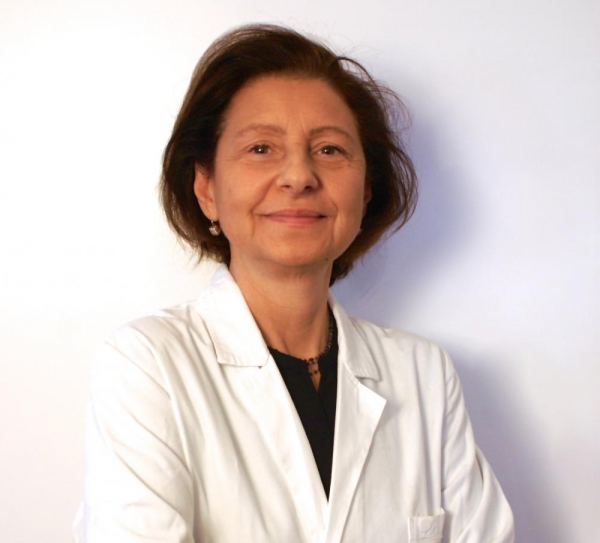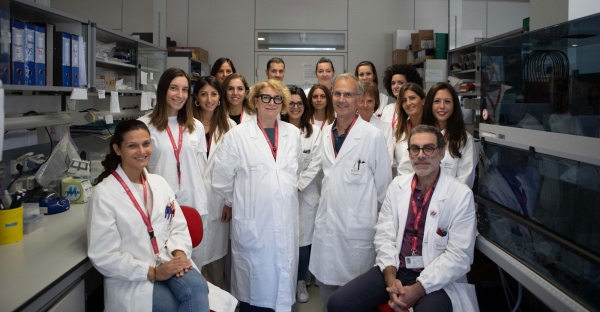Integrated approach to the study of hematological diseases and the immune system /
Medicine and Metabolic Disease
Porphyrias
Study of genetic, epigenetic and metabolic factors in patients with different forms of Porphyria (acute hepatic porphyria, aminolevulenic acid dehydratase (ALAD) porphyria, erythropoietic protoporphyria (EPP). Study of homocysteine cycle metabolites in relation to response to Givlaaryin drug therapy with non-responders to therapy with special study of homocysteine cycle metabolites also in correlation with drug administration. Study of genetic and non-genetic factors underlying complications of porphyria and porphyric phenotypes not ascribable to the heme biosynthetic pathway and in patients still "orphan of conclusive genetic diagnosis" study of the protein component. Improved knowledge of the pathophysiology of patients with Erythropoietic Protoporphyria /EPP).
Hemoglobinopathies (thalassemia and drepanocytosis)
Study of the pathophysiological basis, complications, and genotype-phenotype relationship with attention to the role of modifier genes, iron, oxidative stress, and the impact of new therapies.
Study of the effects of new treatment options on erythropoiesis and iron metabolism and clinical and genetic predictors of response.
Accumulation diseases (Gaucher's and Fabry's disease)
- Study of complications of Gaucher disease, with emphasis on iron dysmetabolism.
- Study of the genotype-phenotype relationship and complications of Fabry disease.
Primary Immunodeficiencies and Autoinflammatory Syndromes
The program involves a series of studies designed to define the relationship between gene expression and phenotypic manifestation of the disease in relation to autoinflammatory status and T cell function.
Clinical research activities aimed at:
- study of natural history, complications and clinical management through single- and multi-center observational studies and participation in national and international disease registries
- testing of innovative drugs for the treatment of the above diseases.
The laboratory applies biochemistry, molecular and cellular biology techniques using small available instrumentation (Sequencer 310, Real time 7500, Tape station 4150, Glo max Luminometer, Fluorometer RF-6000, HPLC Perkin Elmer Series 200, Cell Hood, Incubator, Fluorescence Microscope, QuantStudio 3D Digital PCR System) and foundation sequencing platforms (Miseq and Next seq systems).
- European Porphyria Network (EPNET)
- European Reference Network in Rare Hematological Diseases (EuroBloodNet)
- European Reference Network in immunodeficiency and autoinflammatory and autoimmune diseases (RITA)
- UBA - CONICET Institute, Buenos Aires, Argentina
- Icahn school of medicine at Mount Sinai, New York, (NY), USA
- The Australian National University, Canberra, ACT, Australia
- American University of Beirut, Beirut, Lebanon
- Children's Hospital of Philadelphia, Philadelphia (PA), USA
- St. Jude Children's Research Hospital, Memphis (TN), USA
- Universitats Klinikum Heidelberg, Heidelberg, Germany
- European Society for Immunodeficiency (ESID)
- Center for Translational Cell Research of Freiburg, Germany
- Centers affiliated with the Italian Porphyria Group (GrIP)
- CNR Bari
- Centers belonging to the Italian Thalassemia and Hemoglobinopathy Society (SITE)
- Italian Network for Primary Immunodeficiency (IPINet)
- SR-Tiget, Milan
- CEINGE, Naples
- University of Modena and Reggio Emilia, Baggiovara Civil Hospital (MO)
- Multimodality Cardiac Imaging Service of IRCCS Policlinico San Donato, (MI)
1 associate professor, 5 internists, 4 health researchers, 2 doctoral students, 2 research assistants, 2 psychologists, 1 data manager
—
Other activities in this Research Line
Integrated approach to the study of hematological diseases and the immune system
Dermatology
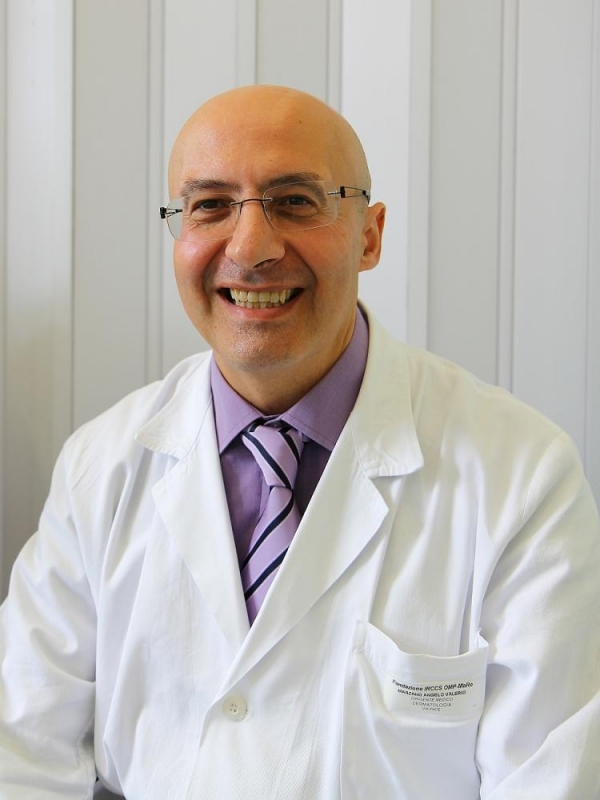
Angelo Valerio Marzano
Hematology
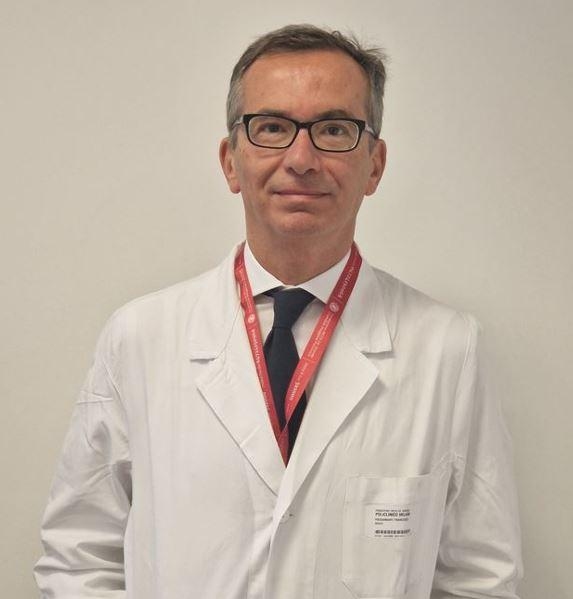
Francesco Passamonti
Infectious Diseases

Alessandra Bandera
Medicine - Hemostasis and Thrombosis
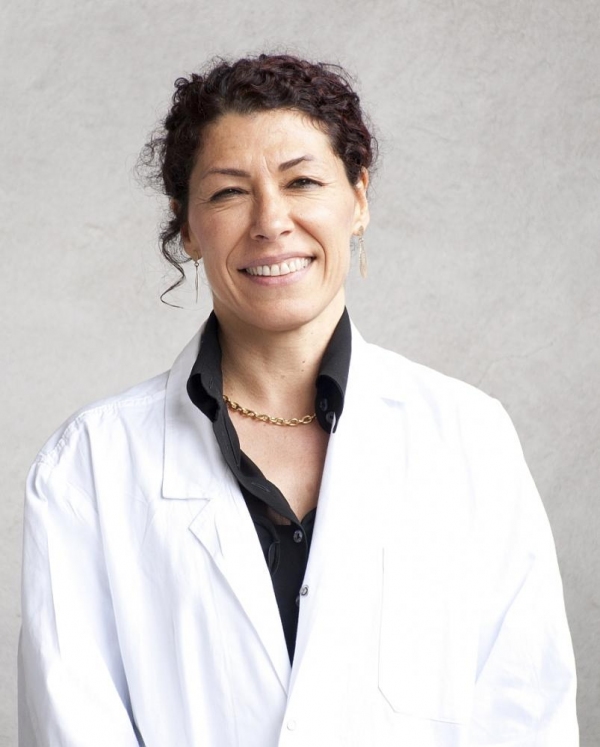
Flora Peyvandi
Medicine - Immunology and Allergology
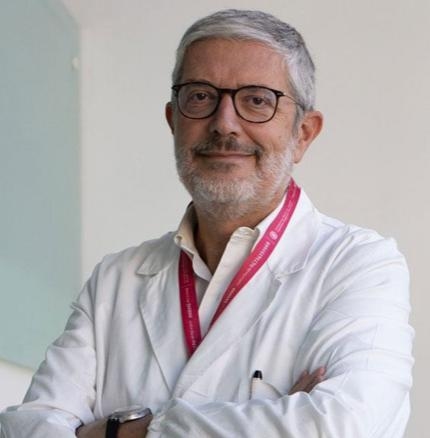
Nicola Montano
Transfusion Medicine
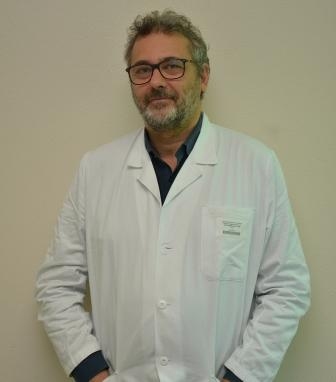
Daniele Prati
Neonatology and Neonatal Intensive Care Unit

Monica Fumagalli
Clinical Pathology
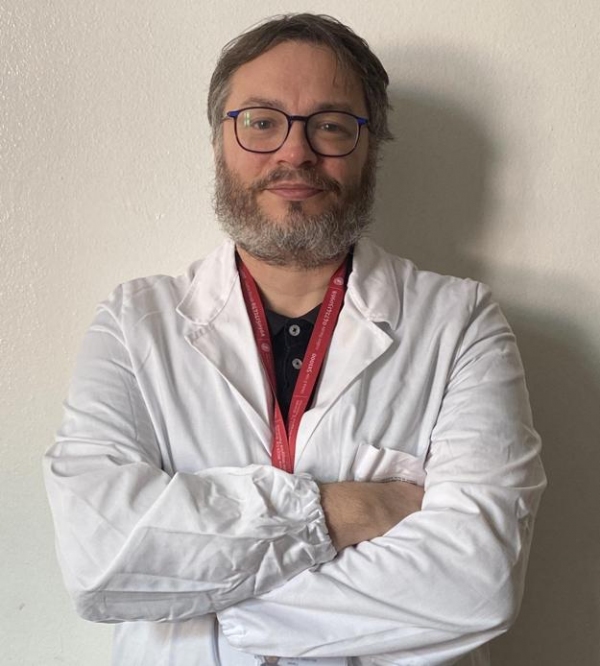
Matteo Vidali
Pediatrics - Immunoreumatology
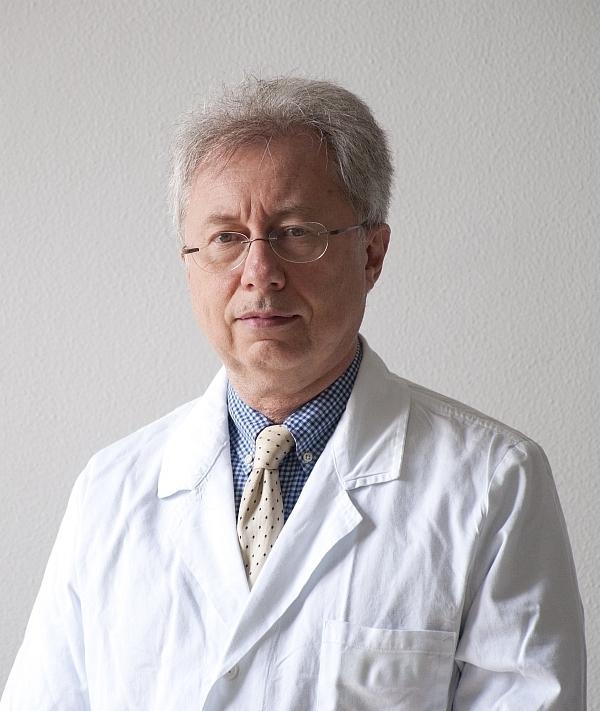
Carlo Virginio Agostoni
Pediatrics - Pneumoinfectiology
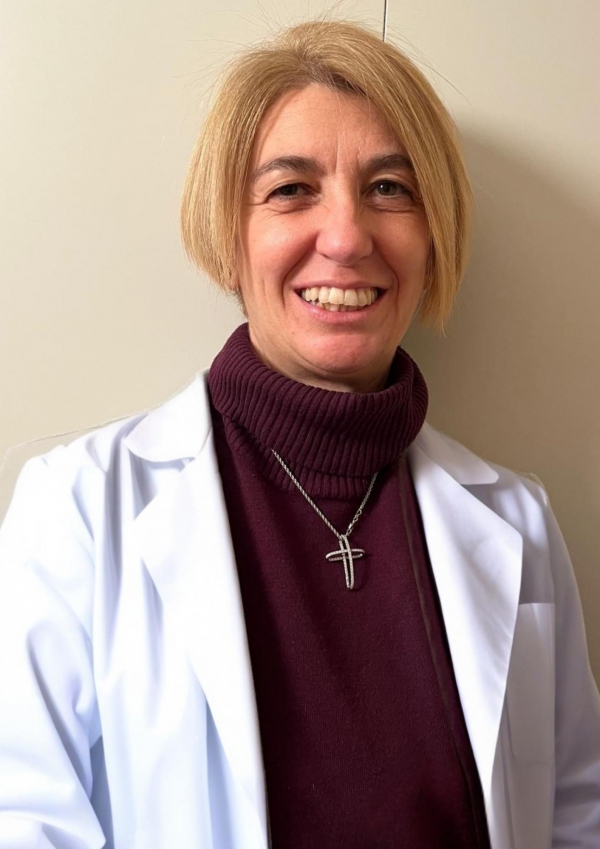
Elvira Verduci
